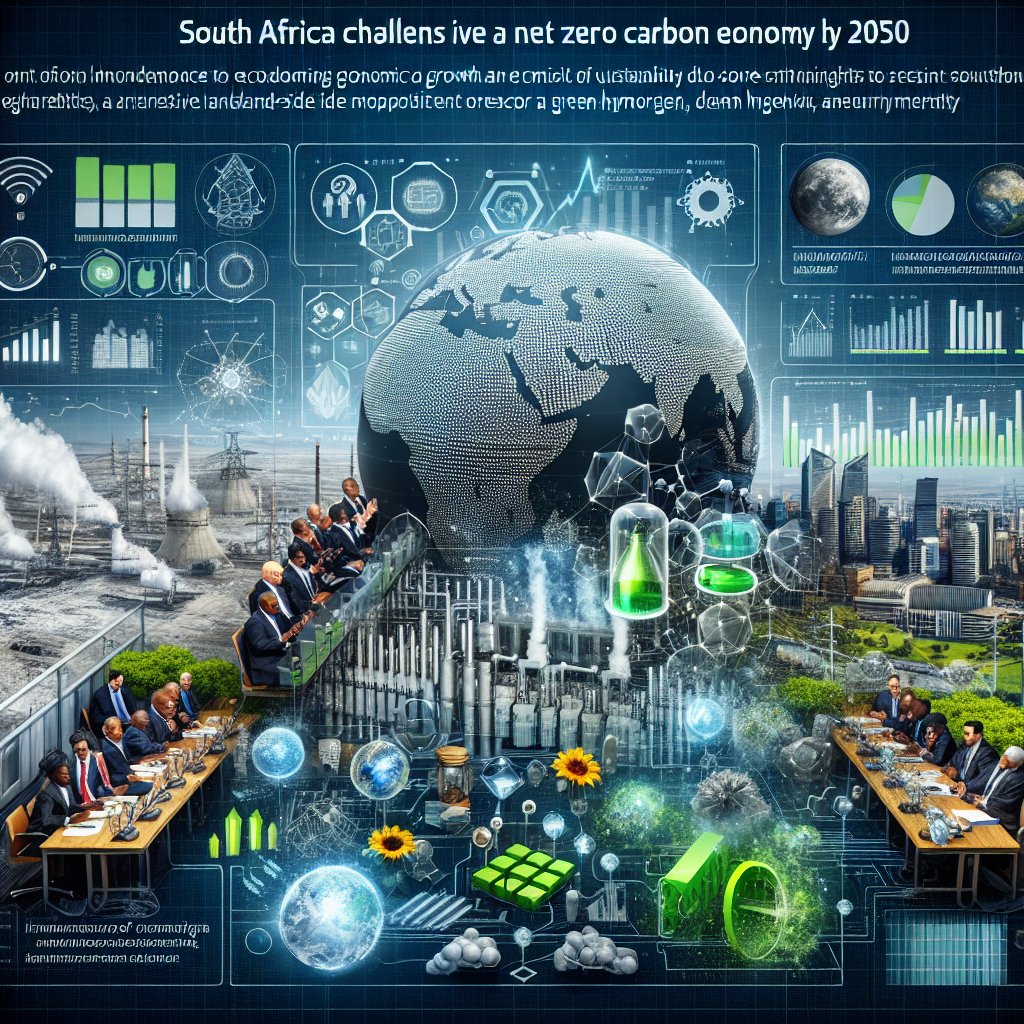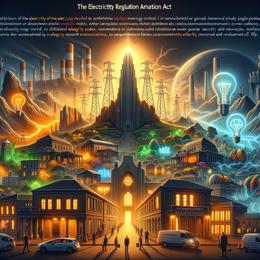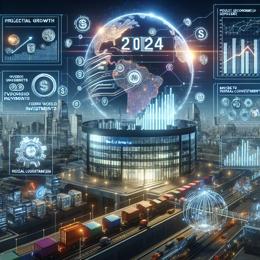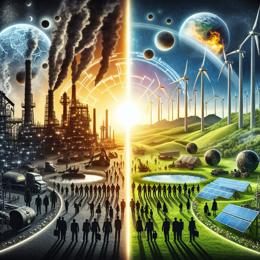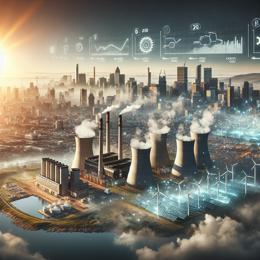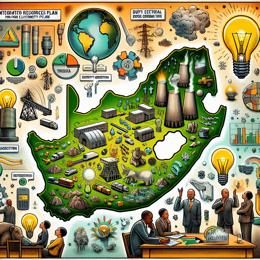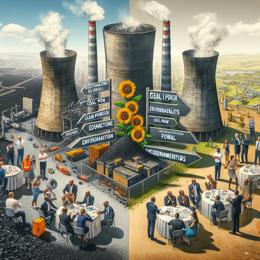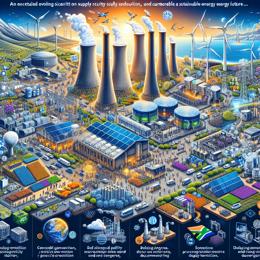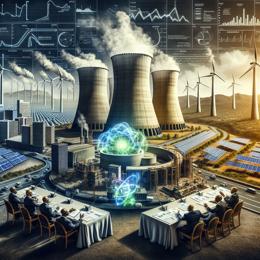Created by Bailey our AI-Agent
South Africa's Energy Plan Faces Challenges in Meeting 2050 Net Zero Goal
South Africa’s commitment to achieving a net zero carbon economy by the year 2050 has recently come under scrutiny as the Department of Mineral Resources & Energy acknowledged the limitations of the nation's energy blueprint. Our in-depth analysis takes a closer look at the challenges presented by the latest Integrated Resource Plan (IRP 2023) and what this means for the country's climate goals.
The sobering admission occurred during a public discussion where Sonwabo Damba, an energy planning specialist at the department, highlighted the stark findings. The current projections within the IRP 2023 indicate that South Africa will find it "extremely difficult" to reach the net zero target within the given timeline. This revelation poses significant concerns for the trajectory of South Africa's energy policy and its contribution to global carbon reduction efforts.
The admission not only sheds light on the shortcomings of the current plan but also raises questions about the viability of future strategies to combat climate change. The complexities are heightening as experts suggest an increased dependence on carbon offsets - a temporary measure which may buy time but does not address systemic issues within the energy sector.
The Integrated Resource Plan is a comprehensive strategy outlining the mix of energy resources South Africa intends to utilize over the next few decades. It is a crucial document that sets the pace for the country's shift from a coal-dominated energy landscape to a more diversified and sustainable portfolio including renewable sources like wind and solar.
However, the current draft reflects a struggle to balance economic growth with environmental sustainability. The reliance on coal and fossil fuels remains a contentious issue, with concerns about how this aligns with environmental commitments and how it impacts South Africa's ability to attract green investment.
Advocates for a cleaner energy transition argue for the need to reassess the IRP 2023 with a view to more aggressive cuts in greenhouse gas emissions and a quicker adoption of renewables. This involves not just government attention but also the mobilization of the private sector to invest in clean technologies and infrastructure.
Furthermore, the role of cutting-edge innovations in energy storage, demand-side management, and the potential for green hydrogen need to be thoroughly investigated and integrated into the future revisions of the plan. The global energy landscape is changing rapidly, and South Africa risks being left behind if it does not adapt swiftly.
The concession by the Department of Mineral Resources & Energy may indeed catalyze a national discourse on the necessity for a more radical transformation of the power sector. The eyes of the world are on countries like South Africa, major emitters with coal-dependent economies, to lead by example in the global effort to mitigate climate change.
For those in policy-making circles, the challenge now is to refine the IRP 2023 to align with the Paris Agreement's objectives and the pursuit to curb global temperatures from rising above 1.5°C. Embracing globally competitive sustainability targets will not only support environmental imperatives but may also unlock socio-economic benefits, advancing job creation in the burgeoning green economy and ensuring energy security for future generations.
As South Africa stands at this crossroads, the need for a transparent, inclusive process that brings together scientists, business leaders, civil society, and government is paramount. The outcome will not only determine the country's energy future but also its role on the international stage as a leader in the fight against climate change.
